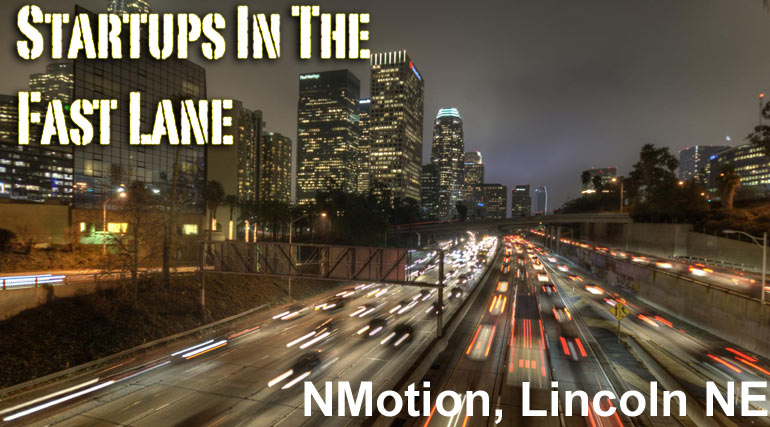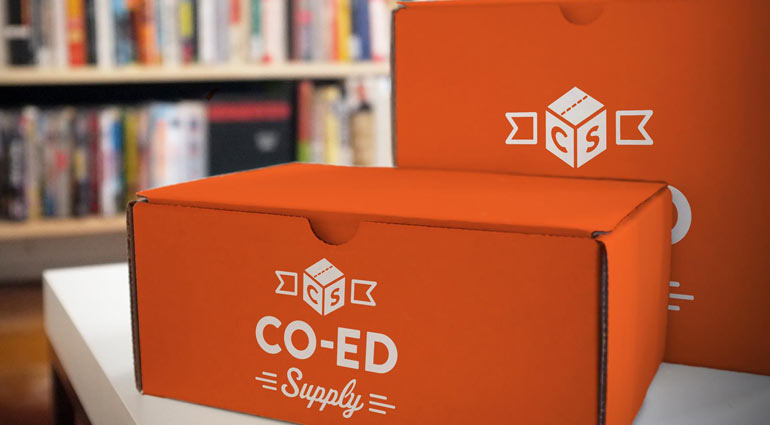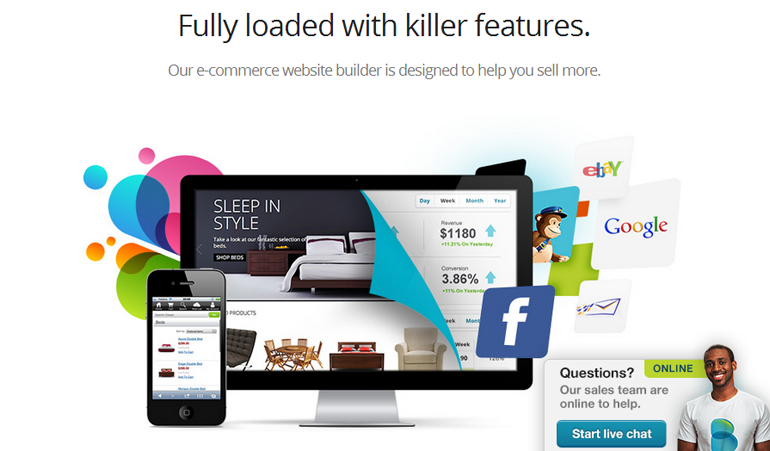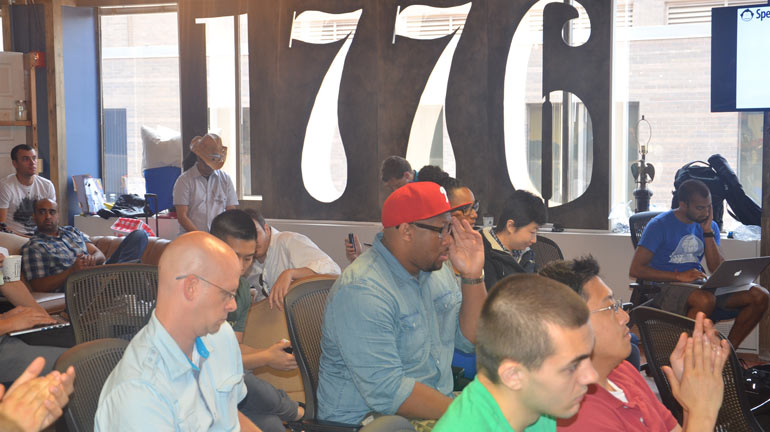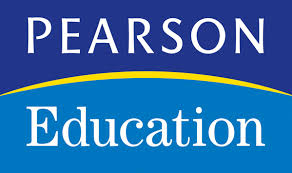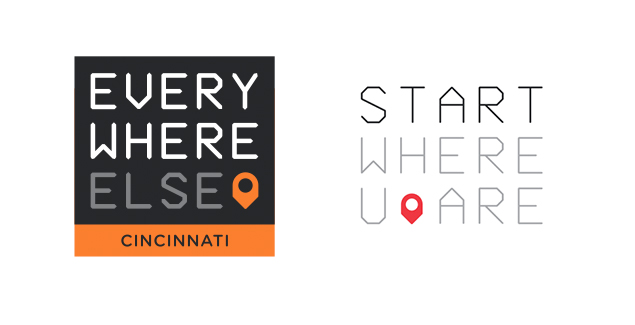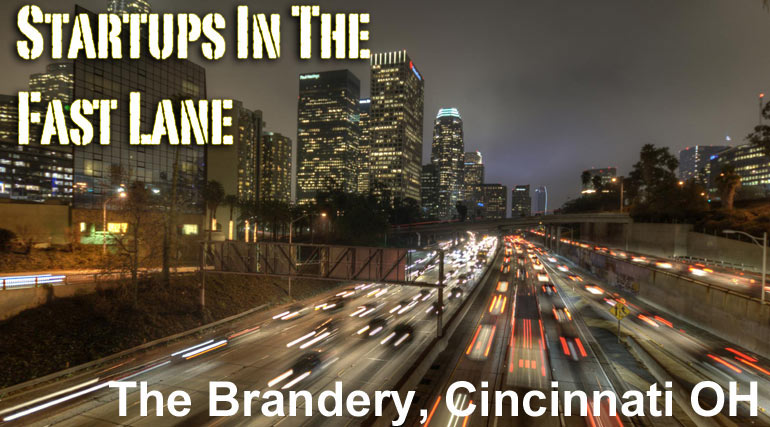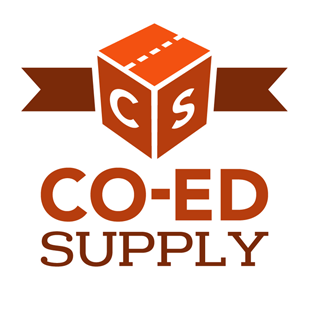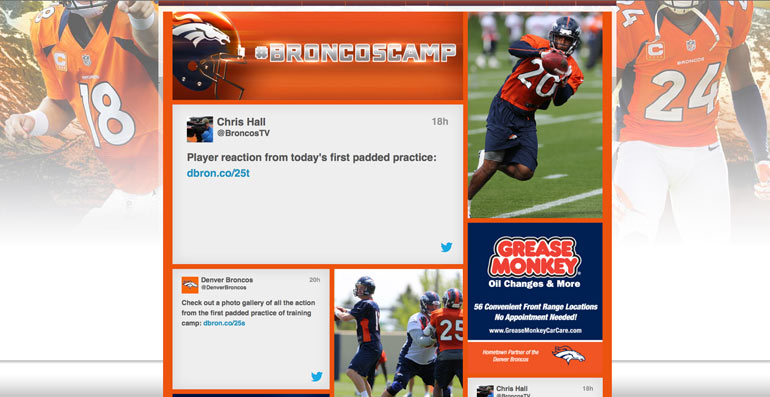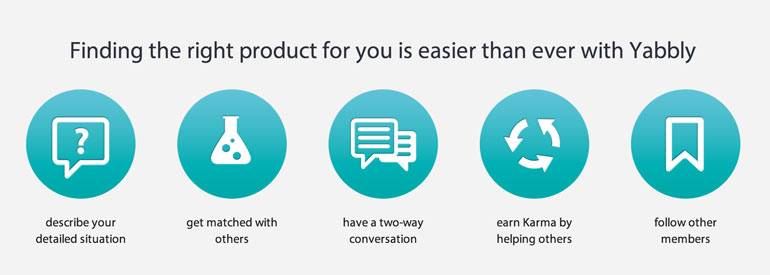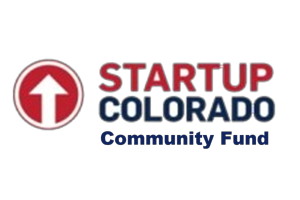Any event planner knows how difficult it is to juggle all the different tools they use to plan. Microsoft Office, iCalendar, Evernote, paper and pens. It can be a headache to pull of a great event.
Since September 2012 Social Tables has been helping solve the many organizational challenges of event planning. They also provide tools specifically for the hospitality industry and catered events. They are making event planning easy and fun.
And, they are announcing a new round of capital with which to do it.
Yesterday, Social Tables announced a $1.6 million round led by Militello Capital. Most of the new money came from previous investors like 500 Startups and Fortify Ventures, as well as previous angel investors. New investors include Goldin Ventures, Middeland Ventures, K Street Capital, customer-turned-angel (always a good sign) Philip Dufour, and Sameer Gulati.
Jonathon Perelli of Fortify Ventures talked to Nibletz about his firm’s participation in the round: “It was a quick decision for Fortify and other existing investors to increase our investment in Social Tables in this current round. Dan Berger is a unique blend of hacker, hustler, and designer, he is a visionary CEO and he leads, hires, and manages well. Socia lTables is a clear leader in the event planning software arena and we at Fortify are strong believers in the company’s future.
Perelli will be on hand for the upcoming Everywhere Else Cincinnati conference in September.
In the last year, Social Tables has shown plenty of reasons for investors to be confident. Each month they average about 65% growth in booked revenue. Their hotel clients include franchises of Renaissance, Crown Plaza, Sheraton, and Hilton. Nonprofits, corporations, and academic institutions have all used the tools to plan events.
“Over the last year we’ve been able to prove our business model and the company’s true potential. We’ve decided to take advantage of the market opportunity by bringing in new capital so that we could scale the business even faster,” said Dan Berger, the company’s founder and CEO in a statement.
The new money will be used to expand staff and explore other markets and verticals.
We often hear that it’s too hard to get funding if you start a company outside Silicon Valley. But, Social Tables is proof that the right companies everywhere else can be just as successful at raising money as companies in the Valley.
At the Soutland Conference last month, Paul Santinelli gave startups everywhere else some advice:
Stay put.
Find great talent.
Tackle a big problem.
The money will follow.
With stories like the one from Social Tables this week, the everywhere else ecosystem has reason to believe that’s true.




